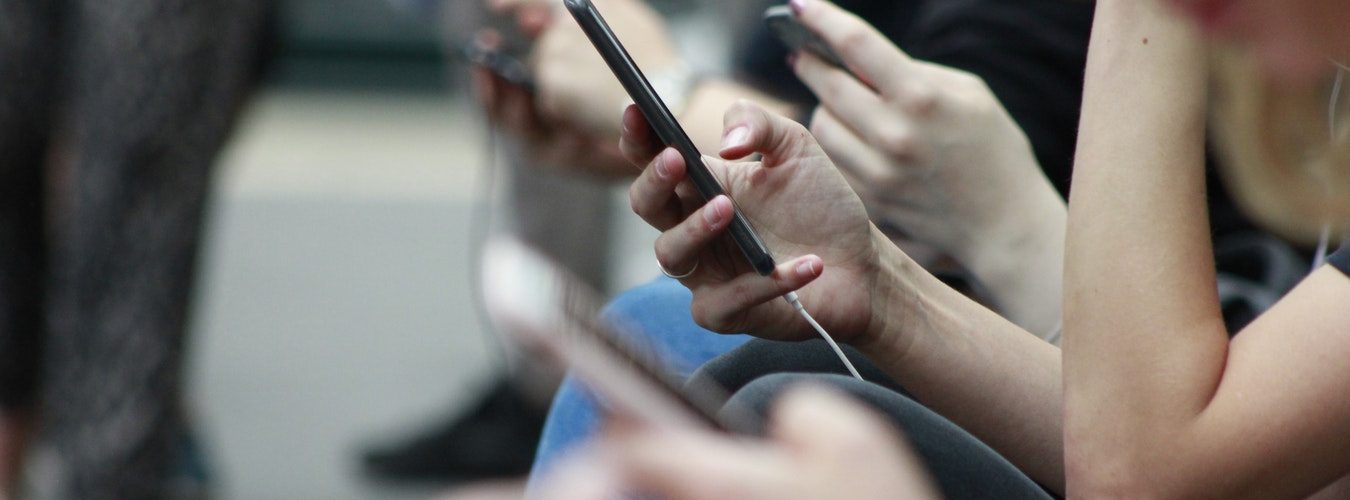It is argued that social media is designed to hook you: feeding content after content to keep you in a state of ‘flow’. The wrong kind of flow, it seems. Flow is a psychological concept that designers use to keep the user moving from one element to the next. Associative content can plant ideologies into the minds of media consumers through sheer repetition. This article argues that it is not just the content that social media can propagate like intentional false information or hate speech, but also the way these social media platforms are built, which threatens the political discourse as flow is introduced into the political process.
The addictive nature of social media does not seem as threatening when it is just for entertainment. It is said that the problem arises because social media has become a major platform for political information and discussion. Citizens, or ‘netizens’, are distracted from discussion about civic action under the endless stream of texts, images, and videos.
An extreme example of how this problem manifests is the new brand of conspiracism that is thriving on social media’s promotion of flow. These are a set of incoherent, often contradictory claims that are shared rapidly via tweets and posts. Another example is Donald Trump’s thousands of tweets since his presidency, which do not form any cohesive narrative but followers and detractors may not have noticed this due to the sheer volume of uploads.
Read the full article on The Atlantic: Social Media Are Ruining Political Discourse
Analysis:
This observation about how social media is changing the medium of political discourse is important because it is the new, and perhaps primary, method of how messaging can reach the masses in this digital age. That is, until a breakthrough of more innovative ways to keep citizens engaged.
Younger citizens in democratic societies will be given the right to vote when they come of age, and they will need to be engaged by political parties in their element, which is largely through social media. If what the author has argued is right, then the ability of the future generation to make sound decisions in political aspects will be in question. Will they be able to discern what is truth and what is misinformation? Will they become more divisive, rather than connected, as social media platform claims to promote?
One can only imagine what could possibly happen if the majority begins to believe in distorted facts and intentional misinformation. Democracy would likely fail to bring out the best outcomes for these societies.
Questions for further personal evaluation:
- What are other examples of ‘flow’ being negative?
- To what extent is social media a tool for political discourse in your view?
Useful vocabulary:
- ‘outlandish’: looking or sounding bizarre or unfamiliar
- ‘cabal’: a secret political clique or faction
- ‘derisive’: expressing contempt or ridicule

